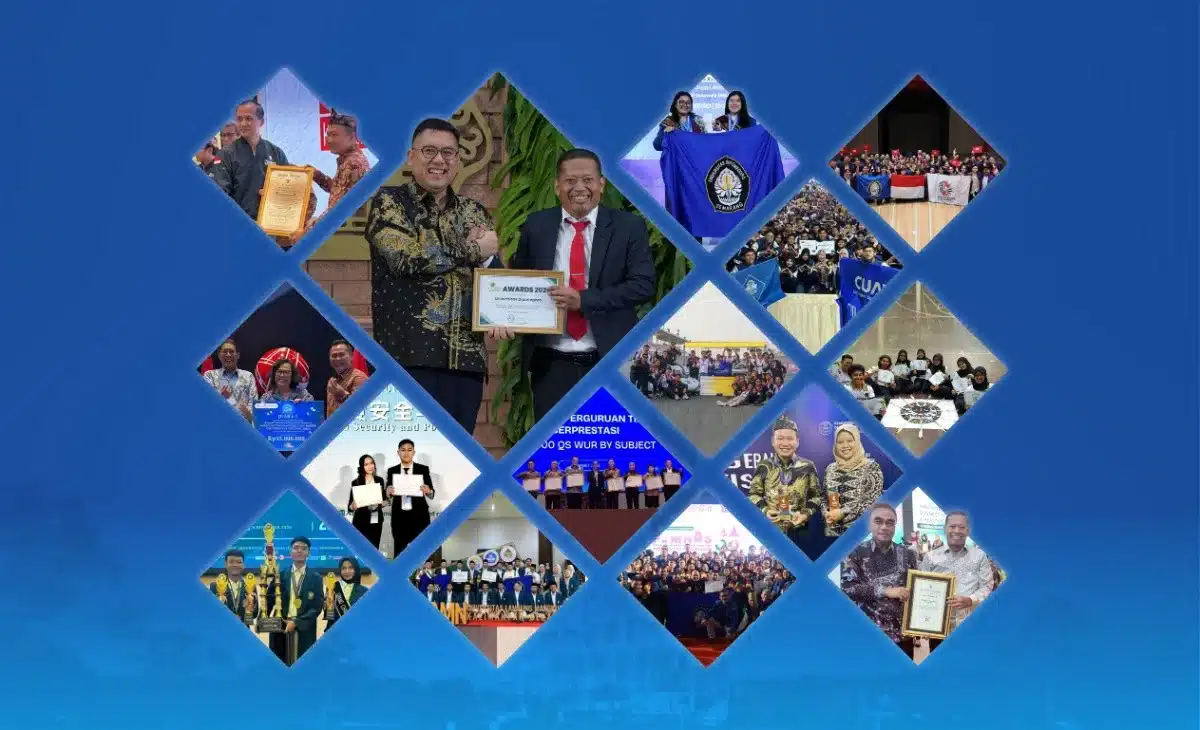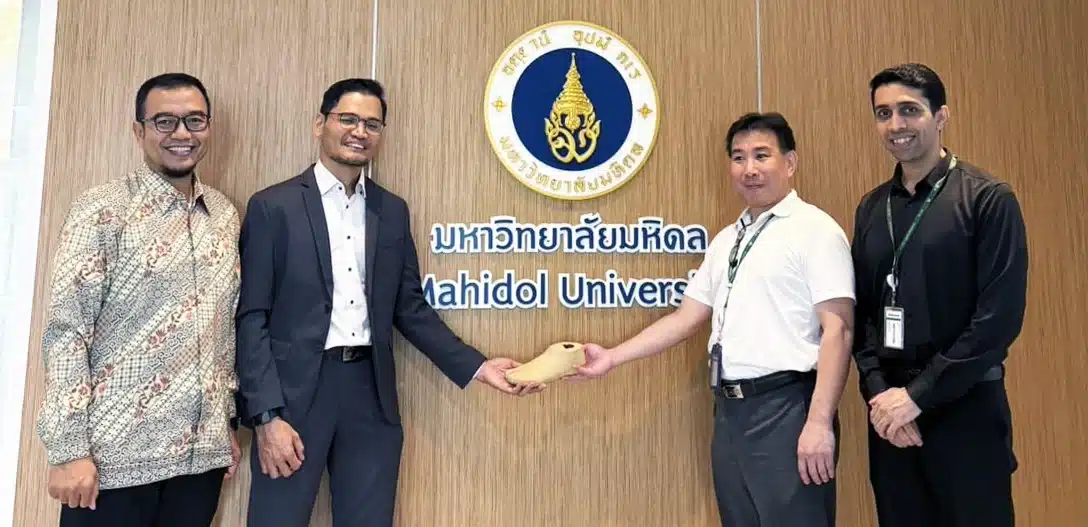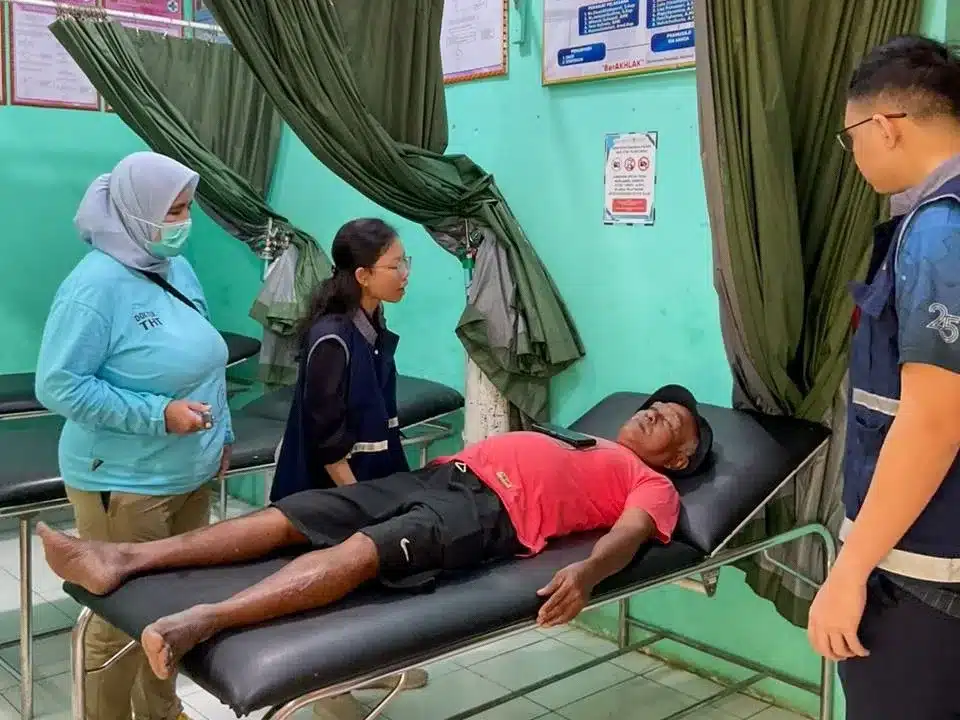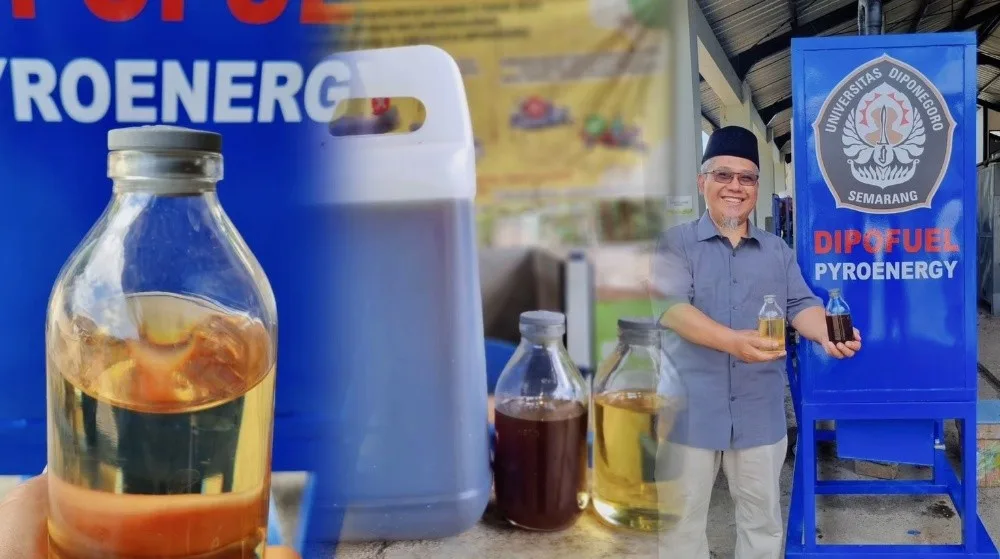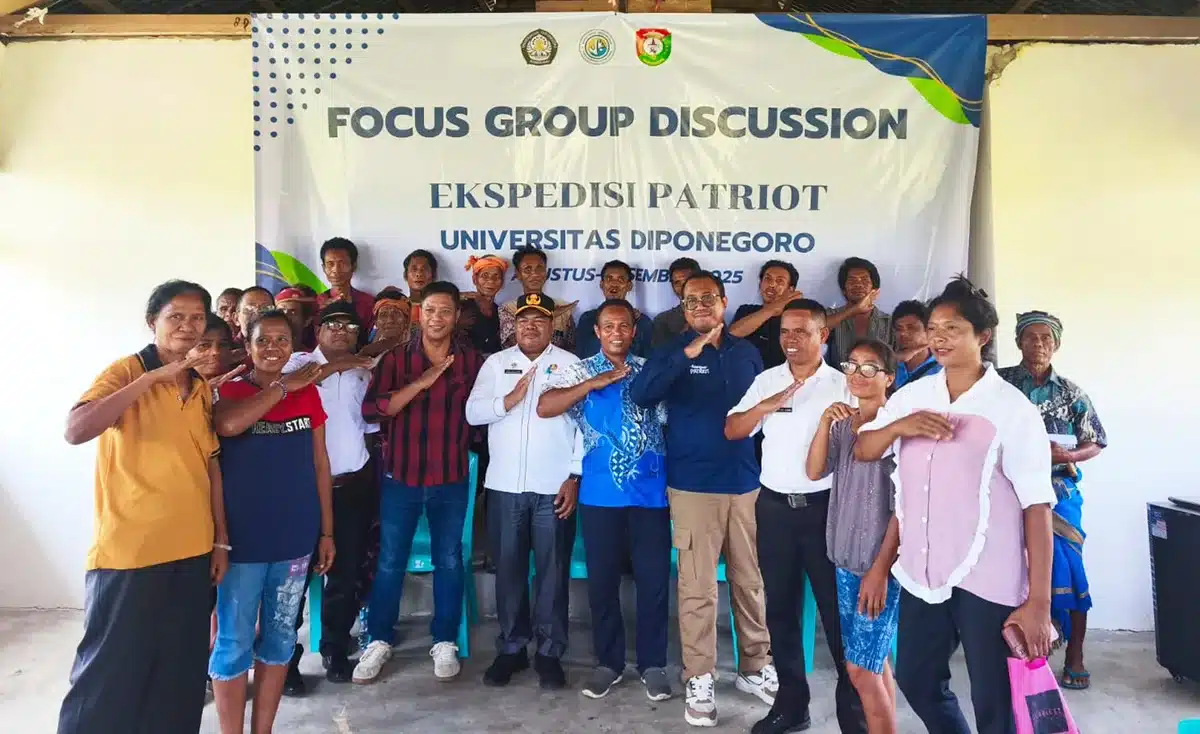UNDIP, Sumba Barat Daya (October 28, 2025) – Three sub-districts in Sumba Barat Daya (SBD), Nusa Tenggara Timur, designated as current and prospective transmigration areas, have reached an agreement on the focus of their priority commodity development. As a result, coffee was selected for Wewewa Selatan Sub-district, cashew for Loura Sub-district, and coconut for Waipaddi Village in Kodi Bangedo Sub-district.
This consensus was achieved through a Focus Group Discussion (FGD) held over three days (October 21–23, 2025). The activity was organized by the Patriot Expedition Team, a collaborative program between Universitas Diponegoro (UNDIP) and the Ministry of Transmigration. Through this FGD, local communities, farmer groups, and representatives from relevant agencies engaged in open discussions about the potential and real challenges present in the field.
Anasrullah from UNDIP’s Faculty of Animal and Agricultural Sciences, serving as Coordinator of the Patriot Expedition Team, stated that the primary goal of the FGD was to help identify practical solutions for development challenges in the region.
“In this discussion, we identified various real issues,” said Anasrullah. “These include severely damaged road infrastructure, non-functioning irrigation systems, and obstacles to electricity and clean water access. Without a clear focus on specific commodities, any assistance provided risks being misdirected and ineffective.”
The mapping process resulted in three strategic commodity choices, each adapted to local agroclimatic conditions, land availability, and community readiness:
- Wewewa Selatan Sub-district: Coffee was designated as the priority commodity. With a potential cultivation area of around 1,600 hectares, it is seen as a promising export product, supported by interest from Dubai investors who have conducted preliminary visits.
- Loura Sub-district: The community and local agencies in Loko Kalada Village agreed to focus on cashew development, supported by 718 hectares of existing land and a proposal to expand by 150 hectares in 2026.
- Kodi Bangedo Sub-district: Coconut was chosen as the main commodity in Waipaddi Village. Transmigrant residents consider it relatively easy to maintain, with potential for copra processing and a stable market.
Urgent Challenges and Community Needs
Behind the commodity agreements, the discussions revealed several urgent problems that require immediate attention.
In Loko Kalada, residents complained about severely damaged farm access roads that hinder the transport of agricultural products. Meanwhile, in Waipaddi Village, transmigrant communities have voiced frustration over the long-unfulfilled promise of electricity installation, which has been pending since 2012. There are also unresolved land tenure issues, leaving some residents forced to rent farmland.
“We need real implementation, not just planning,” said one resident of Waipaddi, highlighting a long-standing issue — nearly 14 years of delays in the handover of agricultural land to transmigrants. Communities also conveyed specific needs. In Kodi Bangedo, they requested training on fruit fly pest control for cocoa plants and assistance with livestock management. In Loko Kalada, rice farmers emphasized the need for repairs to dams and irrigation channels, as well as support for farming equipment such as hand tractors.
Marten Roga, Head of the Transmigration Division of SBD, stated that identifying these key commodities was an important milestone. “With this focus, the distribution of funds and mentoring can be carried out in a more targeted and effective manner,” he explained.
The Patriot Expedition Team’s recommendations emphasize the need for improvements to essential infrastructure (roads, water, electricity) as a top priority, followed by intensive training and technical assistance programs for residents based on the agreed commodities.
The agreement on these three commodities marks a crucial first step. Its success now depends on real collaboration among stakeholders to resolve infrastructure barriers and provide continuous technical guidance — transforming potential on paper into tangible prosperity for the transmigrant communities of Sumba Barat Daya.
This initiative aligns with several Sustainable Development Goals (SDGs), including SDG 1 (No Poverty), SDG 2 (Zero Hunger), SDG 6 (Clean Water and Sanitation), SDG 7 (Affordable and Clean Energy), SDG 8 (Decent Work and Economic Growth), SDG 9 (Industry, Innovation, and Infrastructure), SDG 11 (Sustainable Cities and Communities), and SDG 17 (Partnerships for the Goals). It also reflects UNDIP’s spirit of “Noble and Valuable” — bringing meaningful impact to society through research-based community service and collaboration. (Public Communication / UNDIP / Team II Patriot Expedition of Sumba Barat Daya, ed. As3)



